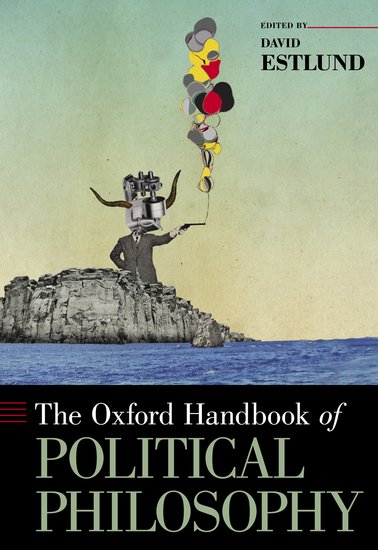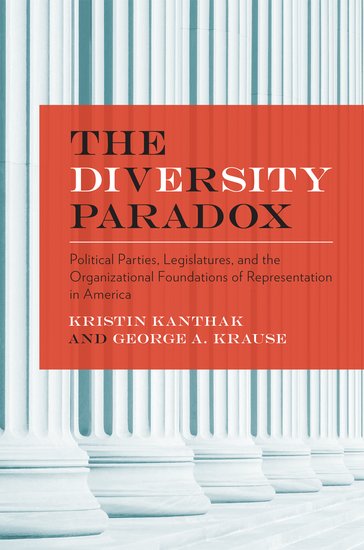Should we want a business leader in the White House?
By Andrew Polsky
During the first two presidential debates, Mitt Romney repeatedly invoked his business experience as a key qualification for the White House. He uttered phrases such as “I know how to make this economy grow” and “I know how to grow jobs” at least a half dozen times in his second debate with President Barack Obama. The notion that a business leader would bring to the presidency a uniquely useful skill set, especially in a period of sluggish economic growth, has a certain appeal.




